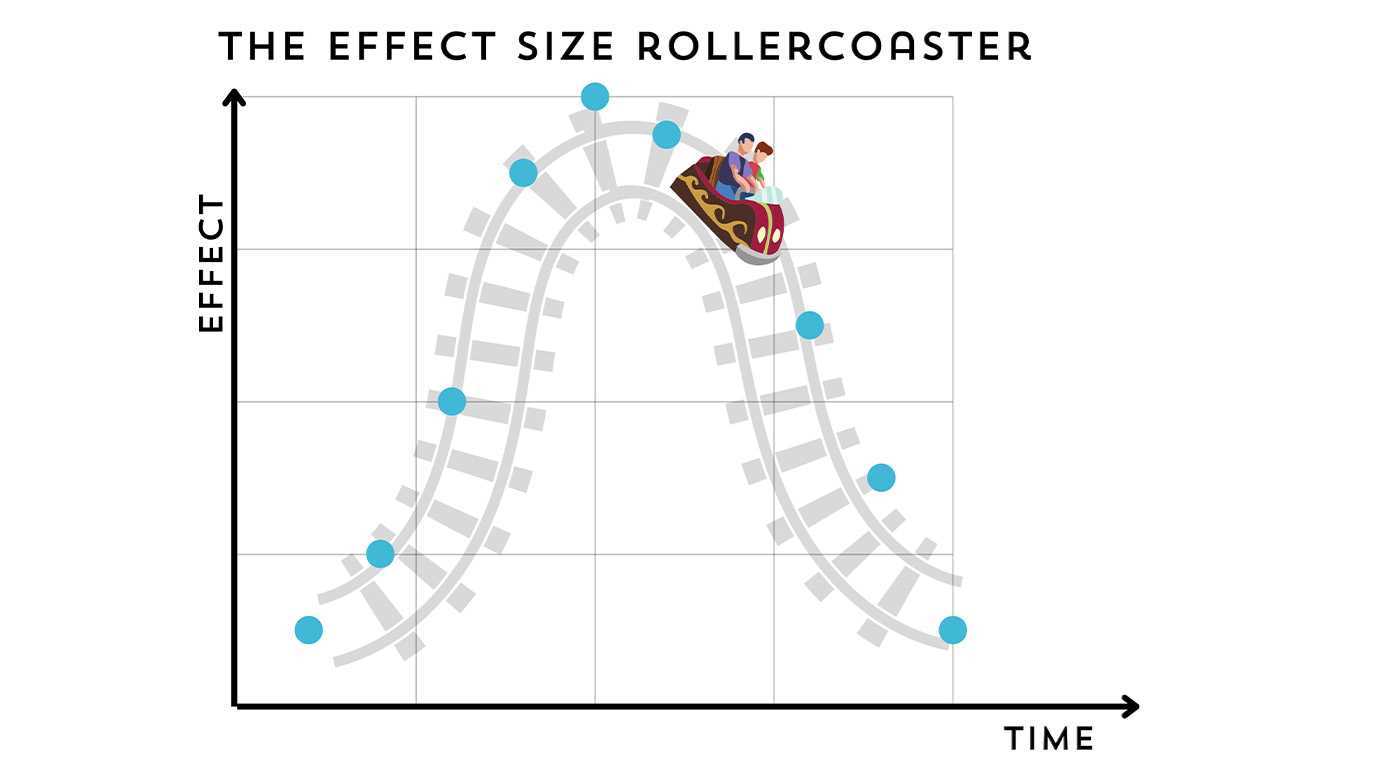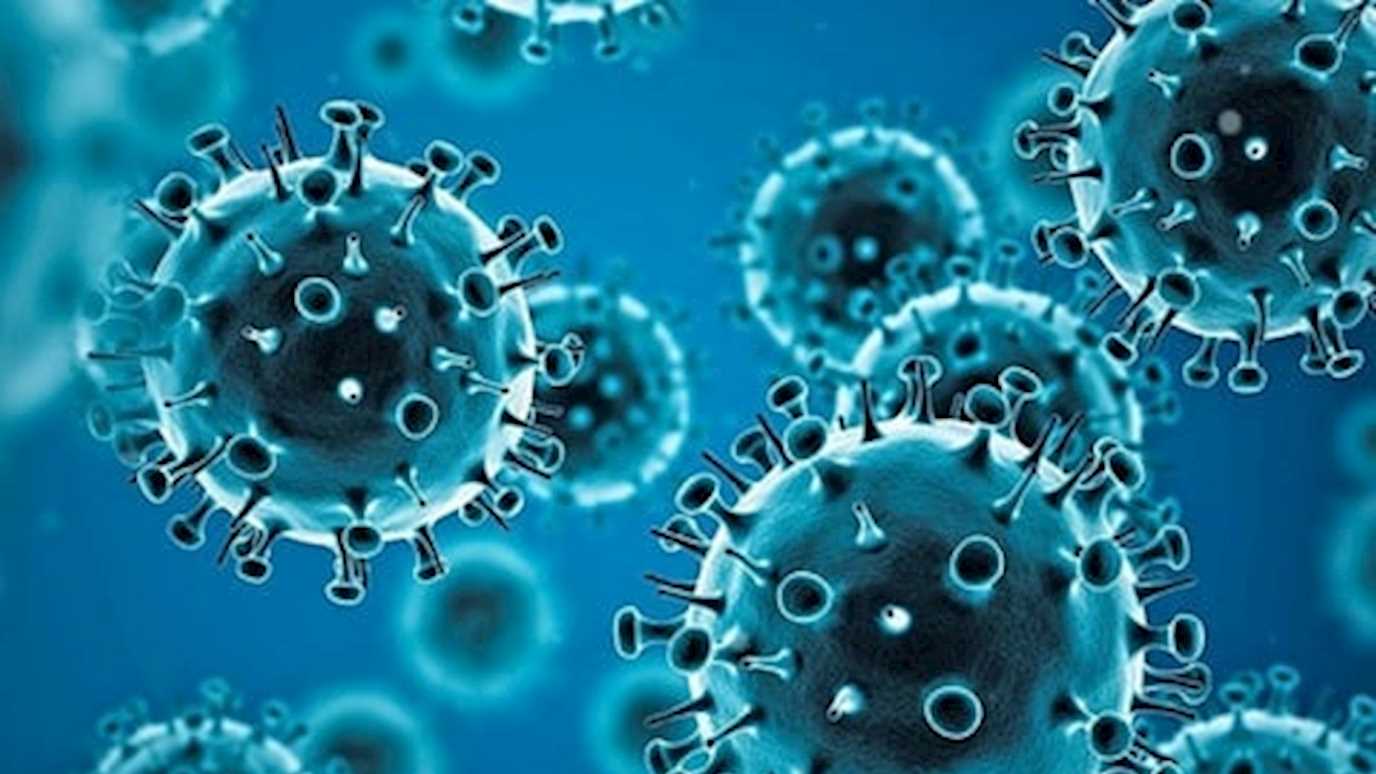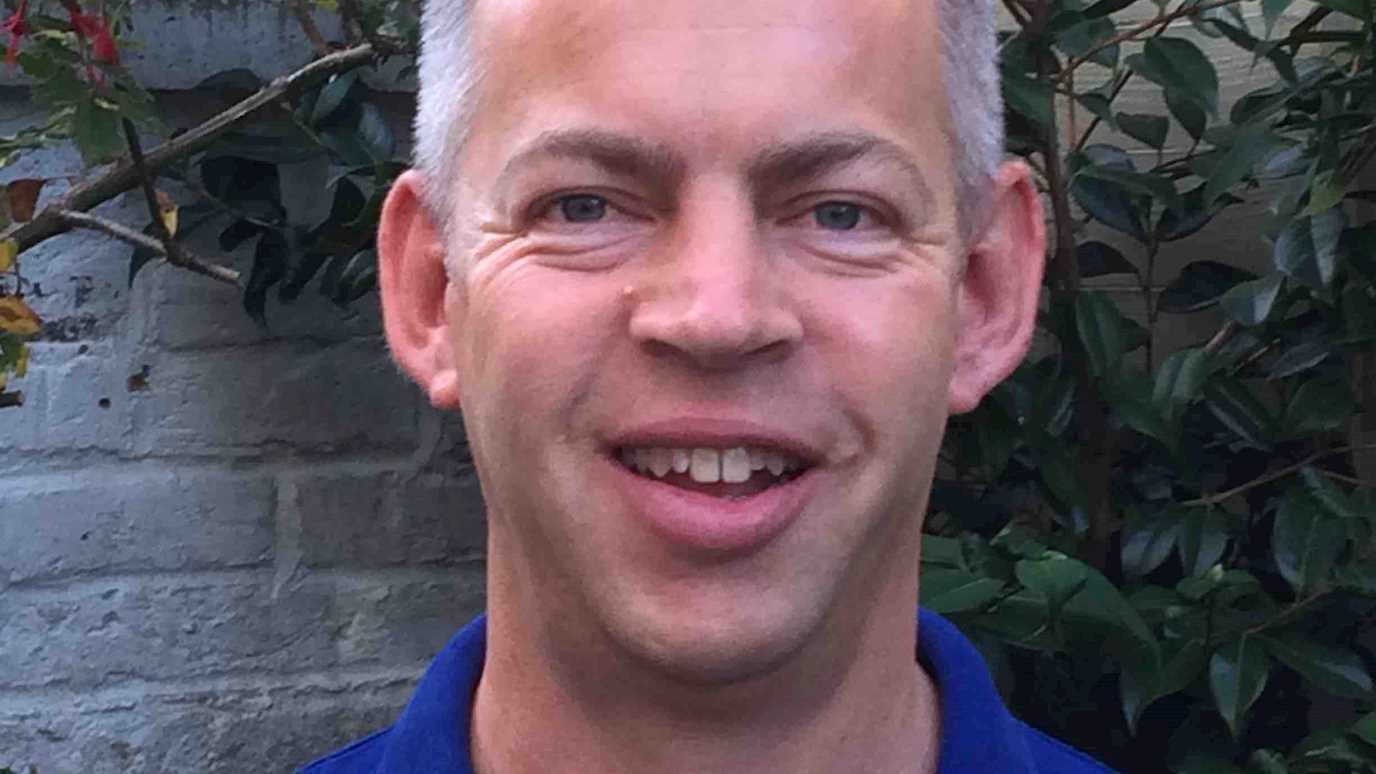Professor David Morritt is conducting research into the extent of plastic pollution in UK waterways with a team from Royal Holloway, University of London, University of the West of Scotland and The Natural History Museum.
1. Could you tell us a bit about yourself and your role within the Department of Biological Sciences?
I am a Professor of Marine Biology and a former head of department. I am currently on sabbatical and I have still been teaching my courses, namely a Marine Biology field course in Scotland and a final year course in Marine Ecology and Biodiversity. I also have a number of graduate students working on various aspects of plastics pollution in aquatic environments.
2. In January, you delivered your inaugural lecture, ‘From the Severn to the Thames: Challenges to aquatic life’. What was discussed in this lecture?
Aquatic life faces many challenges, both natural and man-made. From investigating responses of marine organisms to environmental stresses, to movement patterns and foraging behaviour through to studying the effects of pollutants and the biology of invasive species, the journey went from the Severn to the Thames via a number of overseas detours. The main emphasis of the lecture focused on the topical issue of plastics pollution, the impacts on organisms and the environment and, in the process, illustrated the role of serendipity in science.
3. What inspired your research into aquatic pollutants?
I have long been interested in how aquatic organisms cope with natural environmental stresses but since moving to Royal Holloway, and working with others, I became concerned by the impacts of pollutants in aquatic environments. Initially this included heavy metals, organic pollutants and endocrine disrupting chemicals but latterly my eyes were opened to the shocking level of plastic pollution in the River Thames (and elsewhere). This has subsequently become the main focus of my research and I hope that through our work we can encourage people to consider their use of plastics and their behaviour when it comes to reusing, recycling and disposing of plastic products given the impacts that plastic products are having on our environment.
This research is discussed in an ‘In Conversation With…’ film I made with Dr Becky Thomas recently, which coincided with some filming for the BBC South East Inside Out programme looking at the problem of microplastics in our waterways. (watch the episode on BBC iPlayer here)
4. What do you enjoy most about working at Royal Holloway and within the Department of Biological Sciences?
The friendly collegiate atmosphere and fantastic campus of the College and the support, friendship and interaction with excellent colleagues in the Department of Biological Sciences. I would also say that I enjoy working with students at all levels, whether teaching or collaborating on research projects. I have now been at Royal Holloway for over 22 years so things must be pretty good!
























